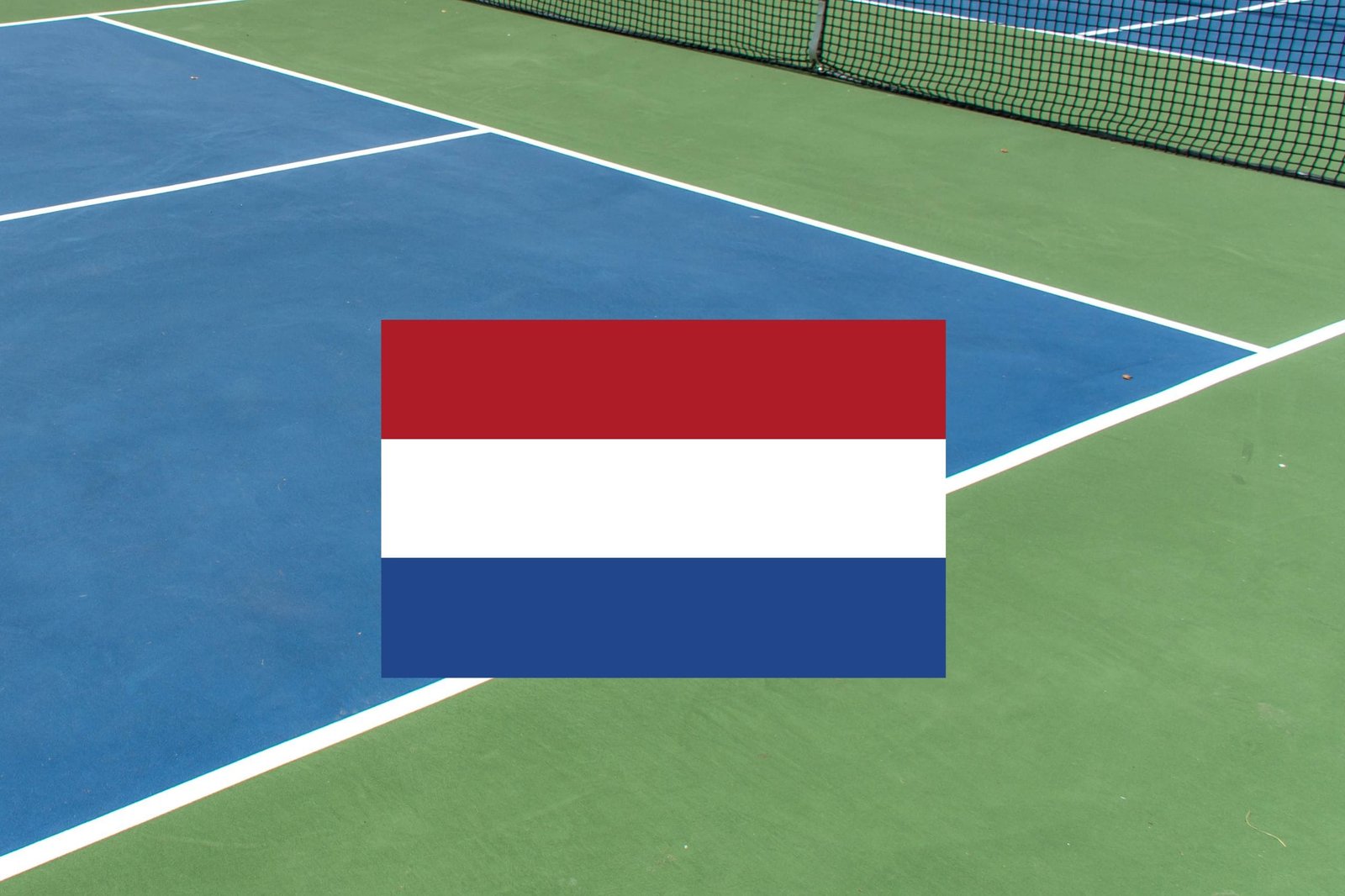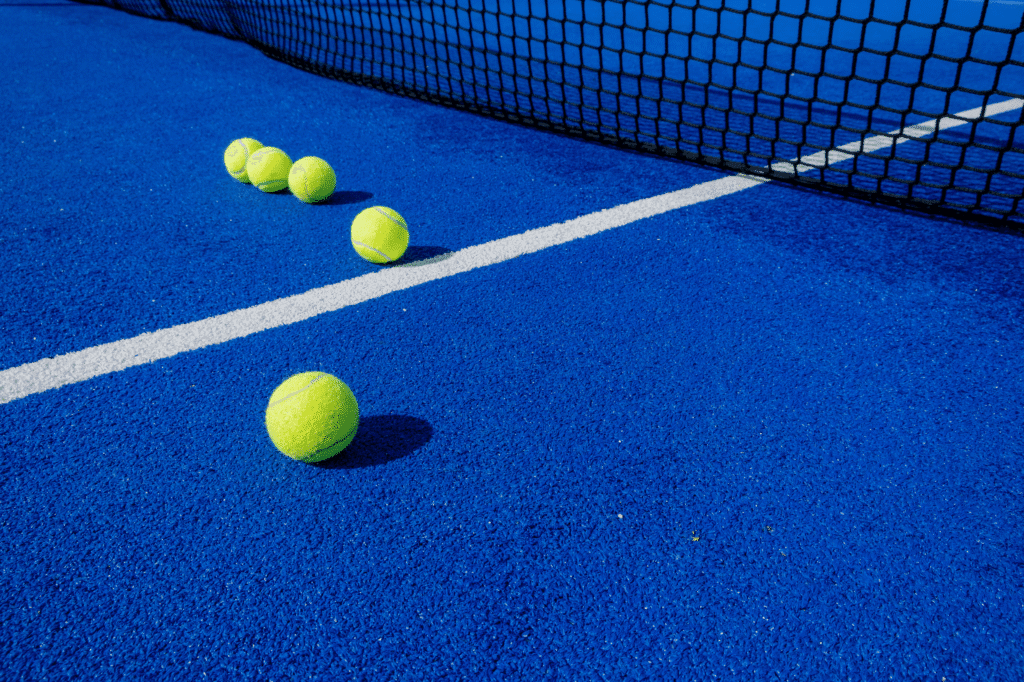
Pickleball is making its mark across Europe, and the Netherlands is becoming a surprising hotspot for the sport. With its compact size, strong cycling and tennis culture, and high interest in recreational sports, the Netherlands offers the perfect environment for pickleball to thrive. As clubs and courts begin popping up from Amsterdam to Eindhoven, the demand for instructors is rising steadily. If you’re passionate about the sport and enjoy teaching others, becoming a pickleball coach in the Netherlands could be an exciting and rewarding career move.
Here’s everything you need to know to get started.
1. Understand the Role of a Pickleball Coach in the Netherlands
A pickleball coach in the Netherlands is more than just an instructor, they are a mentor, motivator, and community builder. Coaches help players improve their technique, learn game strategy, and develop their confidence on the court.
You might work in a local sports centre, with youth programmes, private groups, or even tourists interested in trying the sport. As a pickleball coach in the Netherlands, you’re also likely to be involved in promoting the sport and helping to build a larger pickleball community.
2. Gain Solid Playing Experience
To be effective as a pickleball coach in the Netherlands, you need strong playing skills and a good understanding of the game. Whether you come from a background in tennis, badminton, or just love racket sports, regular play will be essential to improving your abilities and confidence.
Join local meetups or pickleball clubs (which are growing in cities like Utrecht, Rotterdam, and The Hague). By playing with a variety of skill levels, you’ll also learn how to adjust your coaching to meet different player needs.
3. Get Coaching Certification
There is currently no national pickleball coaching certification specific to the Netherlands. However, internationally recognised programmes such as:
- International Pickleball Teaching Professional Association (IPTPA)
- Professional Pickleball Registry (PPR)
are accepted and respected in the country. These certifications offer online and in-person training covering the technical, instructional, and safety aspects of coaching. Completing a course will not only prepare you better but will also help you stand out as a qualified pickleball coach in the Netherlands.
4. Meet Safety and Legal Requirements
If you want to coach at schools, sports clubs, or with minors, certain checks and qualifications may be required. A pickleball coach in the Netherlands may need:
- A Verklaring Omtrent het Gedrag (VOG), a certificate of good conduct
- Basic First Aid and CPR certification
- Liability insurance, particularly if working as a freelancer
Following these protocols shows your professionalism and commitment to player safety.
5. Start Coaching Locally
Once you’re ready, start by gaining coaching experience. Volunteer to lead warmups or drills at club sessions, offer free clinics to beginners, or run a workshop at a local community centre. Getting real experience on the court will improve your confidence and give you insights into different coaching styles.
As a new pickleball coach in the Netherlands, building a solid foundation of experience is key to long-term success.
6. Promote Yourself
To start attracting clients, you need to get the word out. As a pickleball coach in the Netherlands, consider using:
- A personal coaching website or blog
- Social media platforms like Instagram and Facebook
- Flyers at local gyms, clubs, or sporting events
- Collaborations with expat organisations or recreation groups
Because many Dutch cities are highly international, you may find demand from both Dutch nationals and expats looking for instruction in English or Dutch.
7. Coach in Urban and Expat Hotspots
Major cities such as Amsterdam, Rotterdam, and Eindhoven have a growing base of pickleball players and excellent infrastructure for sport. These urban hubs also host international communities, who may already be familiar with pickleball and looking for a coach.
Coaching in these cities can give you access to more clients and the chance to develop a strong presence as a pickleball coach in the Netherlands.
8. Consider Starting Your Own Coaching Business
Once you’ve built experience, you may choose to coach independently. This means setting your own schedule, managing bookings, and possibly even starting your own coaching brand. To succeed as an independent pickleball coach in the Netherlands, you’ll want to:
- Register with the Dutch Chamber of Commerce (KvK)
- Set pricing for private and group lessons
- Offer lesson packages or memberships
- Secure regular court space through a club or sports facility
This flexibility allows you to grow your coaching career at your own pace.
9. Stay Educated and Connected
The best coaches are lifelong learners. Attend coaching workshops, join pickleball communities online, and stay up to date on training methods. You can also join groups like Pickleball Holland or Pickleball Europe to network with other coaches and players.
This kind of engagement strengthens your reputation as a high-quality pickleball coach in the Netherlands.
Conclusion
The Netherlands is poised to become one of Europe’s leading pickleball nations, and the need for experienced, passionate coaches is growing fast. Whether you’re an athlete, teacher, or racquet sports enthusiast, becoming a pickleball coach in the Netherlands offers a chance to build a meaningful, flexible, and community-driven career.
By playing regularly, earning certification, getting experience, and promoting your services effectively, you can grow into a successful pickleball coach in the Netherlands and help shape the next generation of players across the country.


